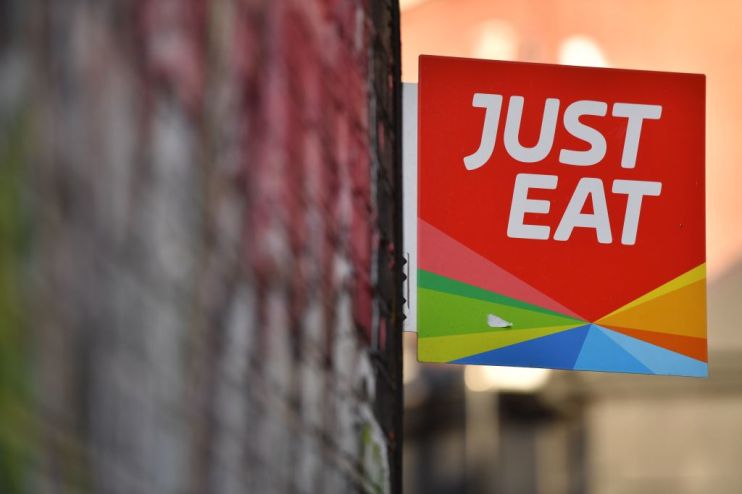Just Eat tells shareholders not to accept Prosus takeover offer

Just Eat has advised shareholders not to accept a takeover offer from merger gatecrasher Prosus, urging them instead to stick with its agreed deal with Takeaway.com.
Prosus, which is controlled by South African investment giant Naspers, is threatening to derail Takeaway’s takeover efforts after tabling a higher bid that valued the company at roughly £4.9bn.
Read more: Prosus and Takeaway.com trade blows in battle for Just Eat
However, Just Eat’s board has recommended Takeaway’s all-share bid, which would create the largest food delivery firm outside China.
“Your board believes that the Takeaway.com combination provides Just Eat shareholders with greater value creation than the Prosus offer,” it said in a letter to investors today, reiterating its belief that the Prosus deal “significantly undervalues” the company.
Netherlands-based Takeaway said it was “strongly committed” to the merger, which would combine the two most profitable food delivery sites in Europe.
“Our team has a proven ability to win in competitive markets and has defeated numerous competitors in many countries, whether large scale tech giants or well-funded, own-delivery challengers,” said chief executive Jitse Groen.
The two bidders last week traded blows as they race to win over shareholders before the offers expire on 11 December.
Prosus said the offer from its Dutch rival carried “significant risks” and underestimated how competitive the British market was.
Takeaway hit back at the accusations, saying it had become the largest operator in seven of its markets “fighting the same competitors Just Eat faces in the UK”.
“Being an operator is clearly different from being a financial investor,” it added.
Takeaway’s bid values Just Eat’s shares at about 690p each based on Friday’s closing prices, compared to Prosus’s 710p per share offer.
Read more: Takeaway.com boss has no plans to increase £4.3m Just Eat bid
Despite the frantic bidding war, analysts at Peel Hunt today warned Just Eat may have more fundamental problems with its business, as it was now the market leader in only eight of its 13 markets, compared to 12 out of 13 in 2015.
“This is significant, and for us continues to confirm our belief that the company is losing market share to the larger delivery-first companies, including Deliveroo, potentially because Deliveroo is trying to address more of the key costs within a food service business, including its Dark Kitchens that enable greater scale and more optionality for its clients and customers,” the brokers said.